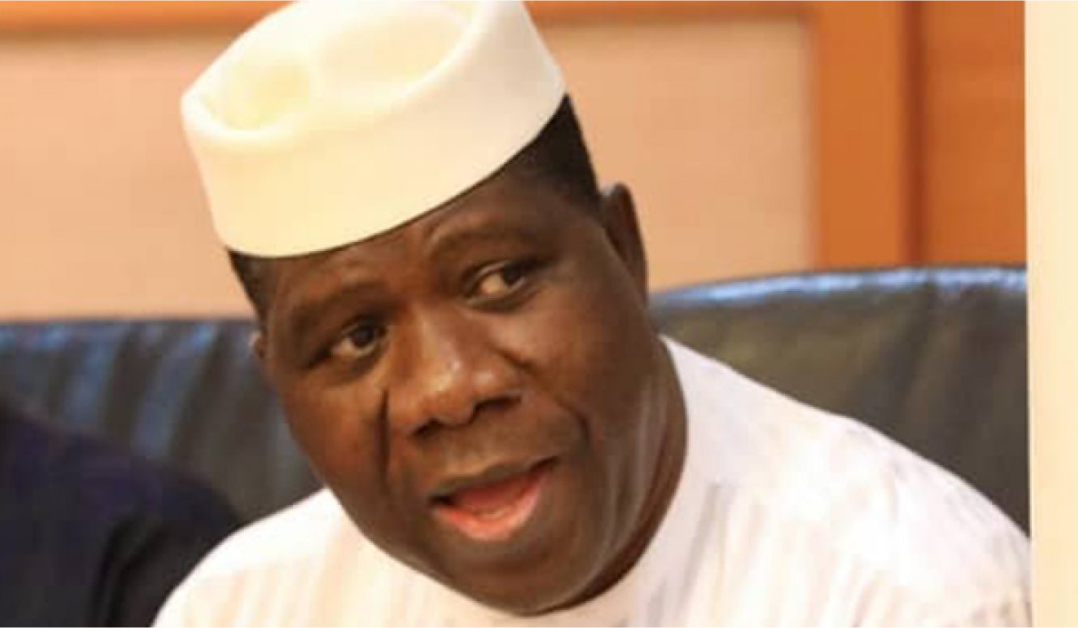
The Senate has said that in the last one year, its members introduced about 477 bills while 25 were passed.
The Senate said its commitment is evident in its legislative activities.
The Senate leader, Opeyemi Bamidele, in a statement on Thursday in commemoration of the 10th Senate celebration of its first anniversary, has also focused on addressing other fundamental national priorities as mandated by the Constitution.
Bamidele said, “Since its inauguration on June 13, 2023, the 10th Senate has introduced 477 bills.
“Of these, 25 have been fully enacted into law, while others are at various stages of the legislative process.”
The Senate leader added, “Despite the seemingly low percentage of fully passed bills — 5.24 per cent — the Senate’s focus has also been on addressing other fundamental national priorities as mandated by the Constitution.
“In addition to legislative activities, the Senate has passed 115 resolutions of significant consequence to economic development and national stability.
“These resolutions stemmed from motions of national importance, sponsored by various senators after thorough consideration.”
The Senate leader, however, said that bills were not the only means to assess legislators.
He added, “Many people may measure our performance based on the number of bills that were fully passed into law.
“Different reasons that account for the low number of fully enacted legislations. This can be ascribed mainly to other issues of highly fundamental national priority that occupied the attention of the Senate.
“Put differently, it is purely due to the imperatives of attending to other obligations as required by the Constitution of the Federal Republic of Nigeria, 1999.”
The Senate leader also noted that in the last 366 days, the Senate had been strategically collaborating with key public institutions, “especially the Executive Arm, to defend our core interest as a federation; ensure macroeconomic stability; promote internal cohesion as well as foster unity among ethnic nationalities that constitute our dear nation.”
He added, “Like never before, we have been utterly committed to this national assignment to position our Nation not just for more notable regional and sub-regional roles, but also for global leadership.
“Driven by this ambitious national aspiration convincingly scribbled in our revised legislative agenda, the Senate has adopted a strategic partnership approach aimed at building resilient synergy with other arms of government and nurturing a competitive, functional, and viable federation that works for all.
“Evident in all our parliamentary engagements, this has been our preoccupation since the inauguration of the 10th Senate as the foremost institution of representative democracy.”
Aside from the ongoing review of the 1999 Constitution, the Senate said it initiated diverse processes with a clear and well-defined mandate.
The leader noted, “From our observation so far, we are confident Nigeria is now more stable and the future of our Nation looks more promising than at any time in our recent history.
“As people of collective purpose, however, we are under obligations to support our governments, whether at the national or sub-national level, to build a resilient economy and an equitable federation that supports the aspiration of all its constituents.”
The Senate has also been active in addressing public concerns, successfully resolving 50 public petitions.
Furthermore, it has screened and confirmed 215 nominees for various political offices, including appointments to the Federal Executive Council, Central Bank of Nigeria, and leadership positions in the Armed Forces, Police, and other key agencies.
“These confirmations were crucial for national development, especially during a time of economic struggle and security threats.”





